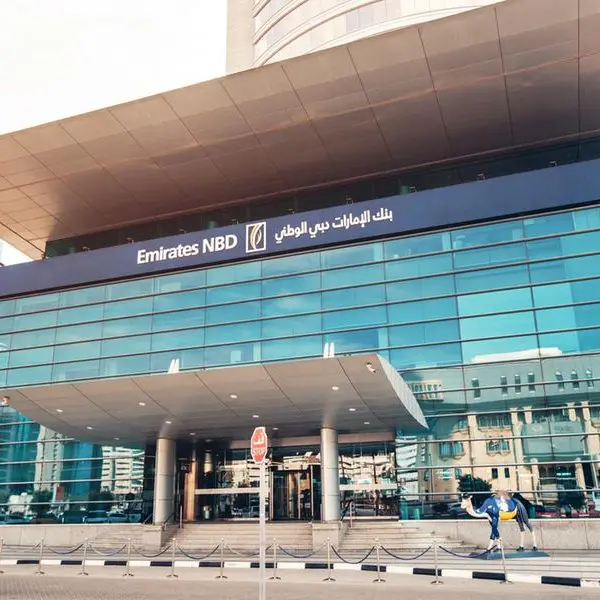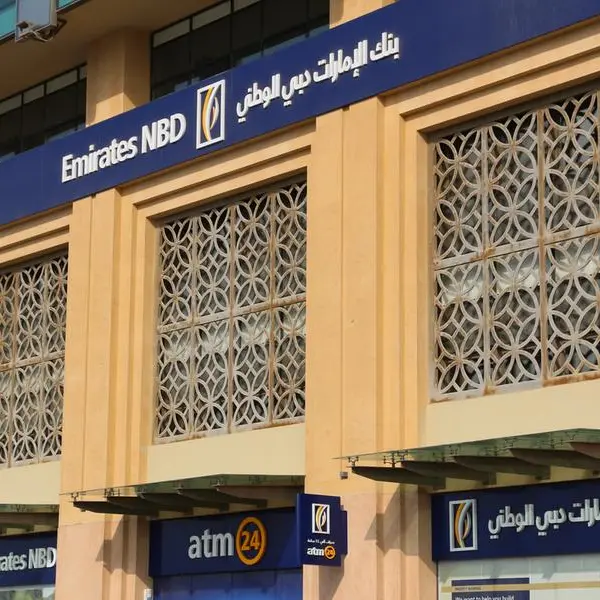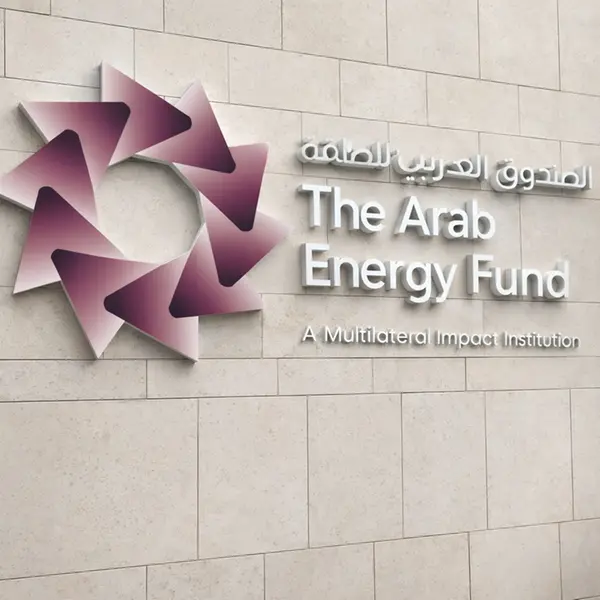PHOTO
Demand for sharia-compliant risk-management tools, such as Islamic derivatives, is rising in Muslim-majority countries as their Islamic banks’ domestic market shares grow.
Growing financial sector development and risks due to interest rates, foreign exchange rates, and commodity prices rise, are also contributing to the growth, Fitch Ratings says.
Nearly three-quarters of Fitch-rated Islamic banks used Islamic derivatives in 2023 to the first half of 2024 to hedge risks, which could support their credit profiles.
However, sharia restrictions and differing interpretations, treasury infrastructure gaps, lack of standardisation, and regulatory issues prevented full take-up.
Over-the-counter (OTC) interest-rate derivatives turnover in Saudi Arabia, UAE, Bahrain, Malaysia, Indonesia, and Turkiye was collectively less than 1% of global volumes in April 2022, according to the Bank for International Settlements.
Malaysia’s total derivates market was almost fully dominated by conventional derivates, with only 0.9% being Islamic derivatives in 2023.
In most GCC countries, the OTC Islamic derivatives are more readily available than a decade ago, but exchange-traded Islamic derivatives are almost absent and in a nascent state, Fitch said.
Islamic derivatives availability is even further behind in Indonesia, Turkiye, Bangladesh, Jordan, and Pakistan.
(Writing by Imogen Lillywhite; editing by Seban Scaria)





















